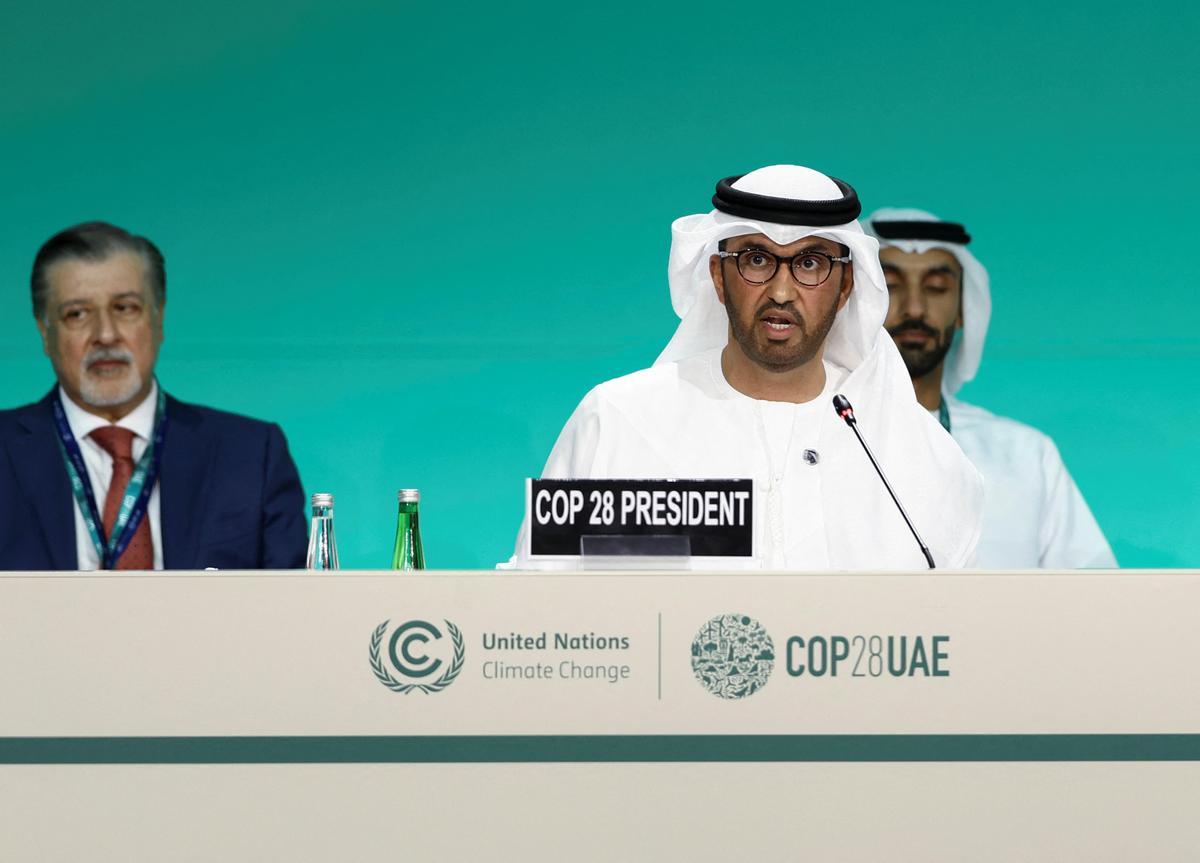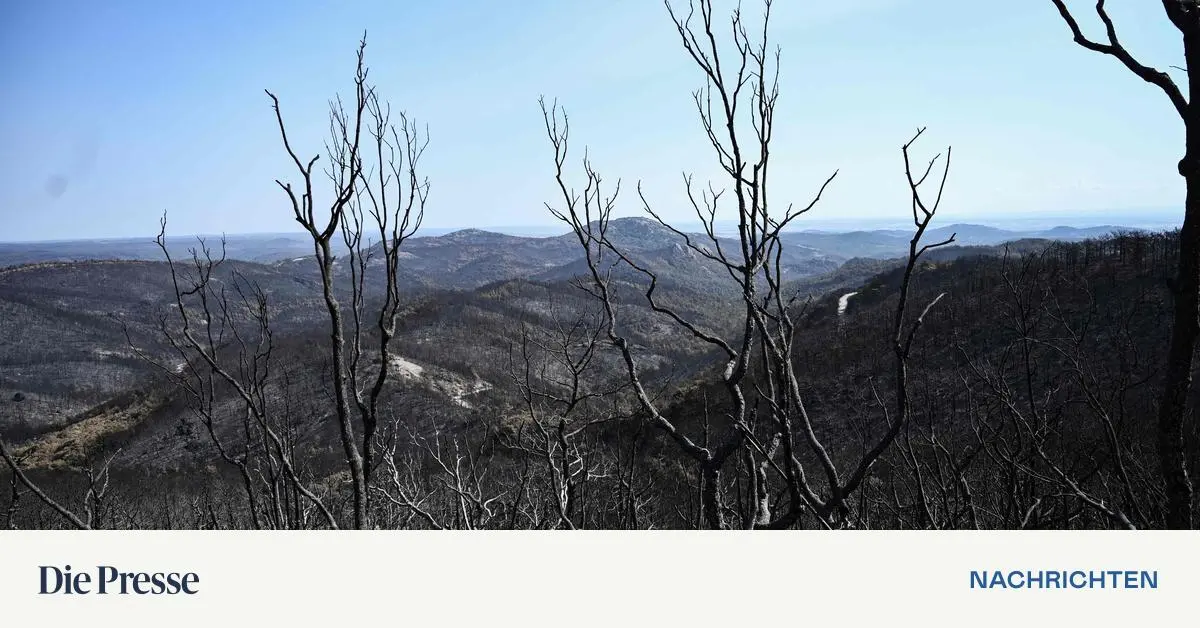World Meteorological Organization President Petteri Taalas spoke of a “deafening cacophony of broken records” at the start of the COP28 global climate conference in Dubai. There will be discussions there on Wednesday about disaster aid for poor countries.
According to climate experts from the United Nations, 2023 will likely be the warmest year since industrialization. The gap between the previously hottest years of 2016 and 2020 was so large by the end of October that November and December could not change practically anything, the World Weather Organization (WMO) reported in its initial report on the state of the global climate.
It was published on Thursday at the start of the COP28 World Climate Conference in Dubai. The final report will not be issued until the first half of 2024.
The average global temperature was 1.4 degrees above average in 2023
As of October, the average global temperature was 1.4 degrees higher than the average for the years 1850 to 1900. So far, 2016 is the hottest year, with temperatures exceeding pre-industrial levels by 1.3 degrees. . 2020 was a little behind 2016. In July, August, September and October of this year, average global temperatures reached monthly records. What was particularly notable was that the global mean sea surface temperature has recorded maximum values for every month since April.
The head of the World Meteorological Organization, Petteri Taalas, spoke of a “deafening cacophony of broken records.” “We must act now to reduce the risks of an increasingly inhospitable climate in this century and in the centuries to come.”
A proposal to finance the fight against climate disasters
Climate experts hope that more than 190 countries in Dubai will adopt measures to shift the economy faster towards climate-neutral growth. The conference began Thursday with discussions on disaster relief for poor countries. On Thursday, a proposal was presented to delegations from nearly 200 countries to create a fund to deal with the consequences of climate disasters such as floods or drought.
The real focus of the two-week UN meeting is the first global agreement on phasing out the use of fossil fuels such as coal, oil and gas, which are blamed for increasing carbon dioxide and, by extension, global gas. Heating.
The United Arab Emirates is hosting the World Climate Conference this year. The head of the state-owned UAE oil company, Sultan Ahmed Al Jaber, was also officially appointed president of the conference, despite criticism from environmental activists. The host of the last conference called the Egyptian Samih Shukri Al-Jaber to the podium and resigned from his position before the plenary session.

Chairman of the state-owned Emirates Oil Company, Sultan Ahmed Al Jaber, at the opening of the United Nations Climate Summit. Reuters/Amr El-Feki
The European Union wants China and the UAE to participate in disaster funds
The UAE is counting on reaching a rapid agreement on the disaster fund in order to pave the way for the targeted reduction in global carbon dioxide emissions. Diplomats expect Germany, Denmark and the Netherlands to announce their contributions to the fund in the coming days if it is established. Poor countries have demanded it for years. The European Union has also pledged to make a “significant” contribution, but wants China and the United Arab Emirates to follow suit. The head of the COP28 summit, Adnan Amin, wants to raise hundreds of millions of dollars.
One of the sticking points in the negotiations is bridging the gap between industrialized and developing countries. The latter insist on reaching an agreement to replace fossil fuels with clean energy. In addition, many non-industrialized countries are reluctant to move away from fossil fuels, which they believe are essential to the growth of their economies.
Another focus of COP28 is to assess the status of efforts to limit global warming. Austria will be represented at COP28 by Environment Minister Leonor Gevsler (Greens) and Finance Minister Magnus Brunner (ÖVP). Federal President Alexander van der Bellen was forced to cancel his participation at short notice due to illness.

“Food practitioner. Bacon guru. Infuriatingly humble zombie enthusiast. Total student.”








More Stories
Kyiv: Russian Kursk offensive halted
US Presidential Election: Former US Government Officials Warn Against Donald Trump's Election
Netherlands wants to leave asylum system